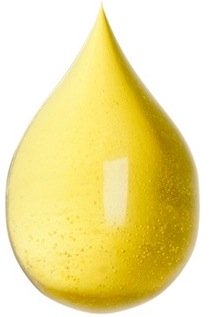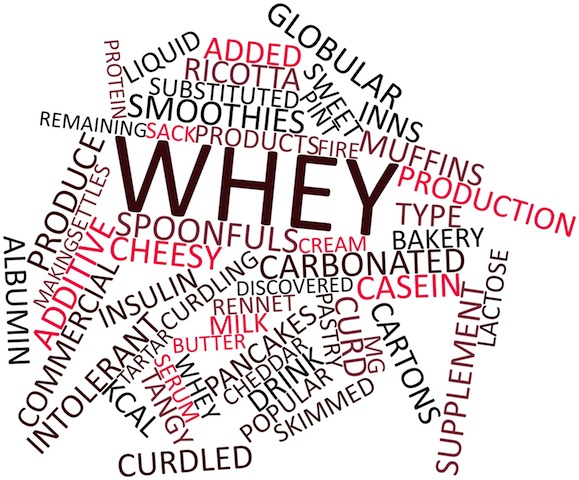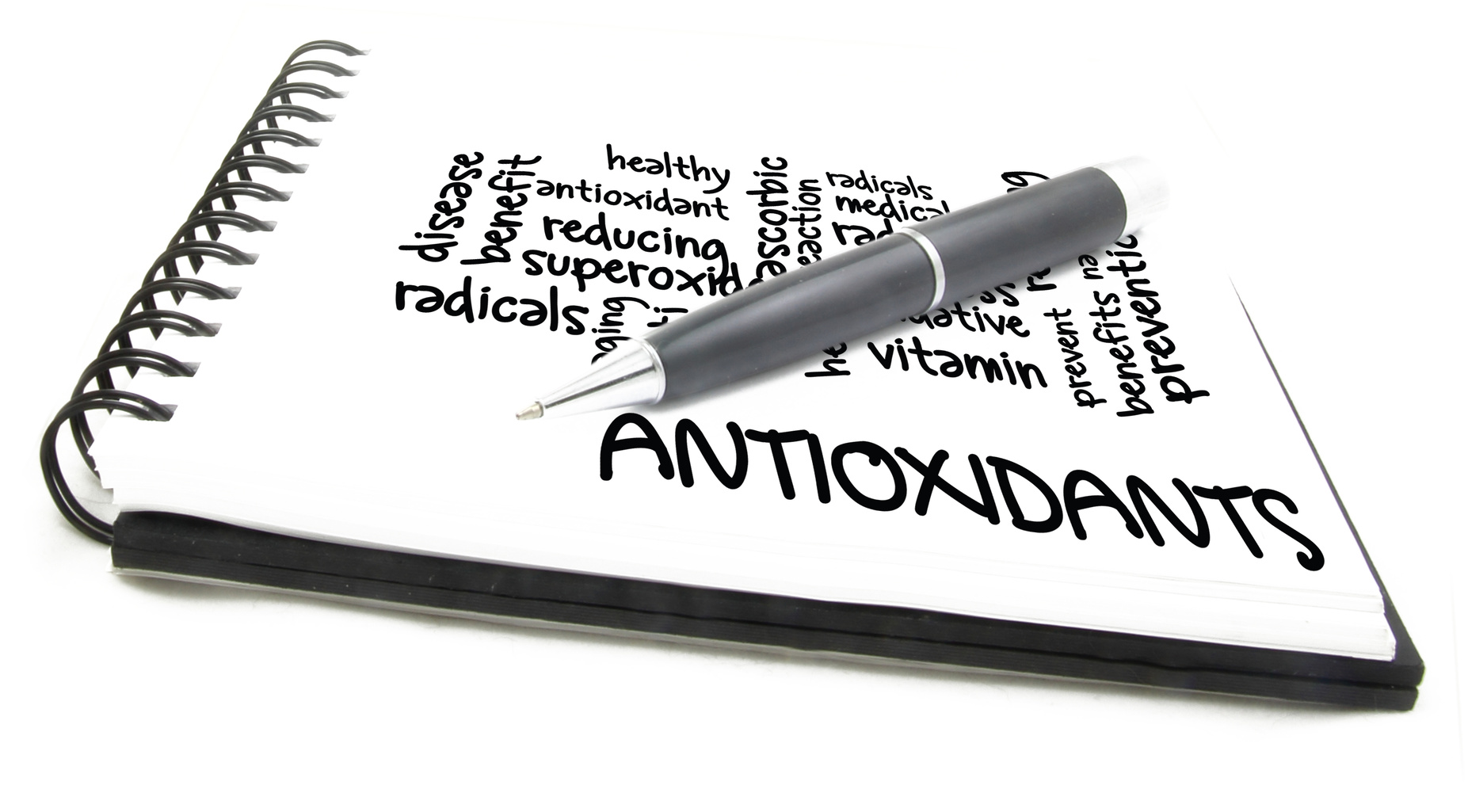Glutathione, the Master Antioxidant; Powerful Regenerator
Nutrient Family:
- Amino Acid
 Cysteine
Cysteine Glutamic Acid
Glutamic Acid Glycine
GlycineGlutathione is made up of 3 Amino Acids:
- Cysteine (sulphur containing amino acid)
- Glutamic Acid
- Glycine
It is one of the antioxidant in the Network Antioxidant team.
It has been the called the “Mother of Antioxidants”!
It works tirelessly in the cells, fighting oxidative stress and detoxifying heavy metals. Then it recycles itself to fight another day.
It can recycle ALL antioxidants (including itself!), earning its name as the “Master” Antioxidant.
Many medical practitioners
and researchers in natural health believe that a deficiency in glutathione
indicates the level of health – for example, chronically sick patients have low
levels of glutathione; people with chronic respiratory system has low levels of
glutathione in their lungs. Low levels of gluthathione in one's body is an indicator of bad health and premature death.
It is recycled by:
And it recycles :
- Itself
- Most other antioxidants
Glutathione's Workings
Fat or Water Soluble :
- Water Soluble
Other functions besides being an antioxidant:
- It is involved in the storage and transportation of amino acids
- It is a powerful detoxicant – especially for toxic heavy metal. Hence, found in abundance in the liver.
- It is involved in DNA synthesis (replication of DNA for cell replication/splitting)
- It is involved with inflammatory response.
It’s a type of Chain Breaking antioxidant (breaks the chain reactions of free radicals). In fact, it is such a Master that the buck stops with it – it holds itself at the end of the chain so that it neutralizes the last free radical in the chain and then it recycles itself so that it can go on and find another chain to neutralize.
Side Note: for information on “chain-breaking antioxidant”, please refer to “Types of Antioxidants” page)
Where Is Glutathione Found Naturally?
Glutathione, as stated above, is made by our body, from the 3 amino acids, plus some minerals and vitamins.
Glutathione supplements are not advisable as the body is not able to metabolize this protein. As such, the best ways to increase the levels of glutathione are by :
1) taking foods rich in the by-products of any of its 3 components of amino acids, in particular cysteine
2) exercise (but not excessive)
3) taking supplements that promotes its production
- Lipoic Acid, which boost levels of Glutathione
- N-acetyl_L-cysteine (NAC) Amino Acid also boosts levels of cysteine
- Folic Acid, Vitamin B6 and B12
- Selenium
- Vitamin C and Vitamin E
Examples of food sources :
- sulphur rich foods
o such as, garlic, onions, cauliflower, kale, collards, eggs
 Whey - but only the Bioactive type
Whey - but only the Bioactive type
- bioactive whey - contains cysteine and amino acids
o must be bioactive
o must be non-denatured proteins
o must be from non pasteurized milk
o must be non-industrially produced (i.e. no growth hormones/pesticides/antibiotics)
- Milk thistle herb
- Broccoli
- Cauliflower
- Cabbage
- Asparagus
- Spinach
- Avocado
- Squash
- Melons
- Grapefruit
- Peaches
Health Benefits of Glutathione
Examples of the
health benefits of Glutathione:
- Detoxifier of Heavy Metals
> Detoxify heavy metals, especially from the liver.
> It attaches itself to these toxic metals after the liver converts them to “flushable” substances, glutathione attaches onto them to make them more water-soluble, which can then be removed by the kidney and the colon.
Due to it attaching itself to the toxins and removed together with the toxins, in this process, glutathione levels will drop. Hence, even in younger individuals, the level of glutathione must be replenished if there are toxic metals poisoning.
- It aids the immune system.
> It stimulates the growth of immune cells in older people or chronically ill patients. It helps the lymphocytes to deal with oxidative damages.
- It is a cancer fighter.
> It activates enzymes important for the protection of DNA, as well as regulating the DNA replication to help prevent mutation that can lead to cancer forming cells.
- It is anti-aging.
Some Precautions
- Too much glutathione in around tumors areas, might cause the cancer cells to have a high level of glutathione. This can counter the effects of chemotherapy, thus making chemotheraphy less effective. This is because of glutathione’s ability to detoxify (poisonous substance to the body).
Do you have a PASSION you want to share with the world??? What better exposure than the INTERNET?!!!
Want to consider?
Well, you will need a place to "host" (place) your site, then the tools to build, run as well as track the performance of your Masterpiece!
OR, if you already have a site, but find that you are paying too much for tools and apps to run and track your site ...
Here's an All-in-One Solution for you! Hosting, as well as Tools to build, run and track!
